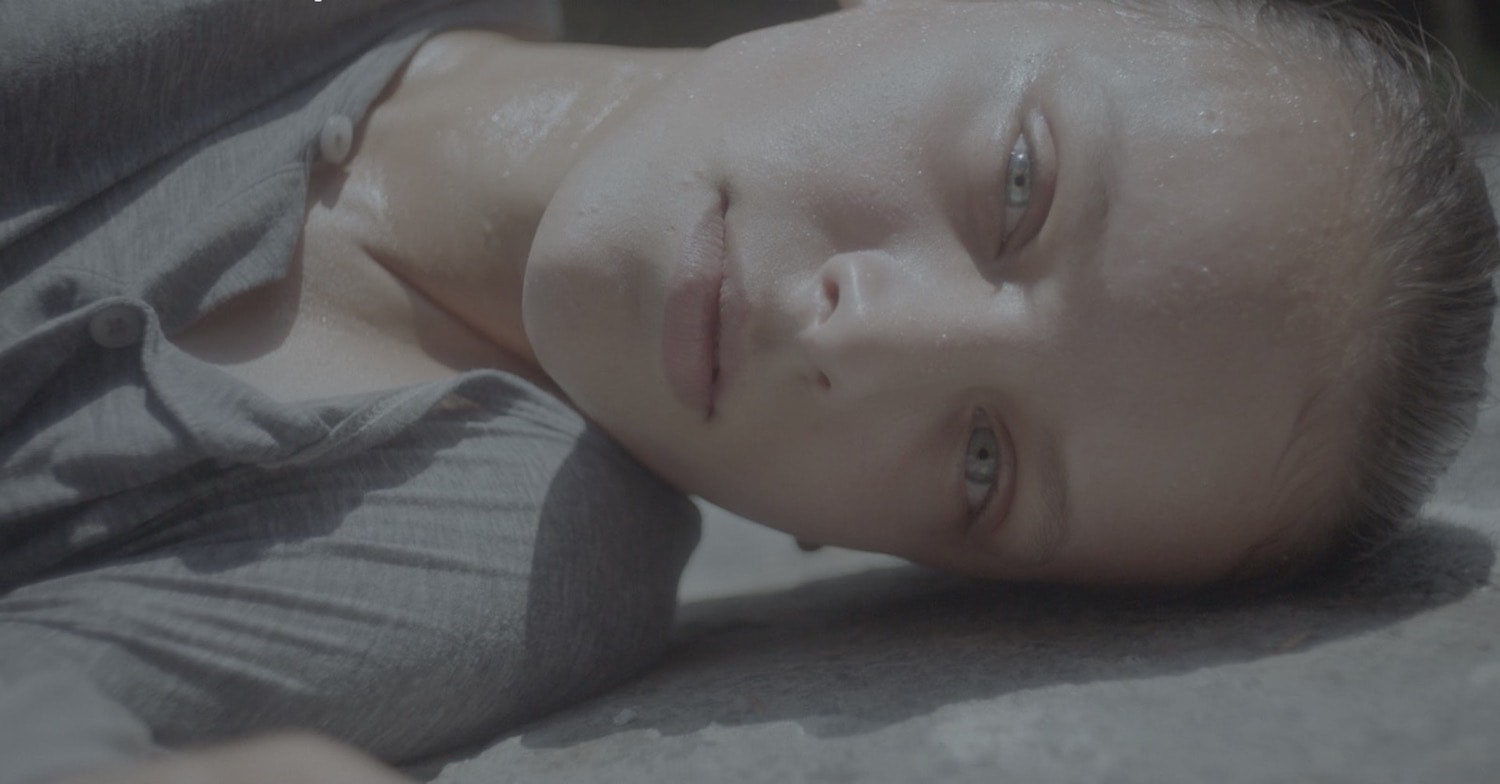|
Review by Camden Ferrell
Êxtase is the feature directorial debut of Maora Passoni, co-writer of the Oscar-nominated documentary The Edge of Democracy. Featuring a unique style and format, Passoni’s newest film is a deeply personal depiction of anorexia and womanhood in an uncertain world.
This movie follows the story of Clara, a young girl on the cusp of womanhood and beyond who lives through political turmoil in 1990’s Brazil. In a world fraught with destruction and fear, Clara embarks on a path of self-destruction in the form of anorexia. This story is partly based on Passoni’s personal experience, so it’s a fitting story that she is in the best position to tell properly. What’s noticeable from the start is how unique the film is stylistically. It has elements of a traditional narrative feature as well as elements of documentary filmmaking. She doesn’t treat these two genres differently; she elegantly interweaves different techniques to create different layers to her story. It reaches almost experimental levels at time, and it creates a more visceral experience for the viewer. The actors aren’t given much to work with in this film due to its nature and blending of genres, but the entire cast is effective even if they aren’t memorable. The narration is quite somber but is often tinged with a mixture of nostalgia and serious reflection. However, it seems that most of the dialogue, which was written by Passoni, was intended to supplement the themes and imagery of the film rather than stand out.
That being said, the movie uses lots of graphic and beautiful imagery to tell its story. The cinematography doesn’t just capture the story but the essence of each scene, and it creates an atmosphere that is effective in conveying the film’s mood. Since the film deals with anorexia and political turmoil, some of this imagery is understandably graphic, but Passoni does this in a tasteful way that doesn’t feel exploitative.
The film also features music by acclaimed filmmaker David Lynch and Lykke Li. Lynch has proven throughout his career to be a master of sound and ambiance, and his work on this film is effective even if it isn’t his most accomplished and fleshed out. There are certain moments that are significantly elevated by his music. The main flaw with the film is simultaneously how little time it has to explore its themes about power and suffering and also with how it seems to misallocate its short runtime. Some sections significantly dragged, and by the end, the film loses a lot of the initial momentum from the film’s great opening moments. Despite this, Passoni has created a unique experience that speaks to the times, especially in regard to the political anorexia the world faces as we all slowly become isolated from each other in these uncertain times. Êxtase may not be a comprehensive exploration of its subjects, but it is an undeniably brave and personal film for Passoni, and it features some great imagery. It’s one of the most brutally honest films I’ve seen this year, but it can suffer at times from its inconsistent pace. Êxtase is available on MoMA’s virtual cinema from March 28 to April 2. Rating: 3.5/5
0 Comments
Leave a Reply. |
Archives
May 2024
Authors
All
|
|
|
disappointment media
Dedicated to unique and diverse perspectives on cinema! |


